Worryingly, the majority of cases of severe kidney failure requiring dialysis originate from the habit of arbitrarily using drugs of unknown origin, especially oriental medicine and traditional medicine that are widely advertised online or passed down by word of mouth among the people.
In Vietnam, the rate of chronic kidney disease is 12.8% of the adult population, with more than 8.7 million people suffering from the disease. |
According to statistics from the Artificial Kidney Department, Cho Ray Hospital (HCMC), there are currently 400 to 500 patients undergoing regular dialysis treatment.
Every day, the unit receives an average of 60 to 70 cases requiring emergency dialysis. Dr. Nguyen Minh Tuan, Head of the Department of Artificial Kidney, said that the number of patients with end-stage chronic kidney failure is increasing rapidly and showing clear signs of rejuvenation.
In particular, more and more cases are coming to the hospital in a state of severe kidney failure, forcing emergency dialysis due to using drugs of unknown origin, mainly drugs advertised online with the commitment to "reduce kidney disease".
“Chronic kidney disease has five stages. Instead of being treated properly at stage 3 or 4, many patients believe in false advertising and buy herbal or oriental medicine to use on their own. As a result, the disease quickly progresses to the final stage, even endangering their lives,” Dr. Tuan warned.
Sharing the same view, MSc. Dr. Chau Thi Kim Lien, President of the Ho Chi Minh City Nephrology Association, emphasized that chronic kidney disease is becoming a global health problem, affecting about 10-13% of the world's population, equivalent to 800-850 million people.
In Vietnam, this rate is 12.8% of the adult population, with more than 8.7 million people suffering from the disease. Dr. Lien said that the causes of chronic kidney disease are very diverse, including infections, exposure to toxic chemicals, underlying diseases such as high blood pressure, diabetes, and especially drug abuse.
There are people who, just because of common aches and pains, often use over-the-counter pain relievers or take traditional Chinese medicine on their own.
These habits, repeated over a long period of time, can be toxic to the kidneys, leading to irreversible kidney failure. She also said that in more than 30 years of practice, she has encountered many cases of severe kidney failure due to the use of drugs of unknown origin, causing serious damage without timely intervention.
One of the greatest challenges in the treatment of chronic renal failure is the selection and safe use of medications in patients with impaired renal function.
At the Southern Regional Pharmacovigilance Conference 2025, organized by the Ho Chi Minh City Center for Drug Information and Adverse Reactions in collaboration with Cho Ray Hospital, Dr. Nguyen Quoc Binh, Deputy Director of Cho Ray Hospital, emphasized the key role of pharmacovigilance and clinical pharmacology in the treatment of chronic kidney disease. He said that in the treatment of kidney disease, especially in patients who have to take many types of drugs, monitoring adverse reactions is extremely important to minimize risks.
In that context, choosing an effective and safe kidney replacement treatment is also a vital factor. For patients with end-stage chronic kidney failure, when the kidney's filtering function has completely disappeared, the options include hemodialysis, peritoneal dialysis or kidney transplantation. Of these, hemodialysis is the most popular method in Vietnam due to its feasibility and reasonable cost.
However, for hemodialysis to be effective, the patient needs a stable "blood vessel access". Without a large enough and safe blood flow path, the dialysis process cannot take place, even threatening the patient's life.
Currently, there are three main groups of vascular access routes: central venous catheter (CVC), autologous arteriovenous shunt (AVF) and artificial graft (AVG). Of these, AVF is considered the preferred choice because of its low complication rate, low infection rate, low long-term treatment costs and high efficiency.
At the 4th National Scientific Conference of the Vietnam Vascular Diseases Association, the issue of "vascular access" was discussed for the first time on an international scale. Associate Professor, Doctor, Doctor, Specialist II Nguyen Huu Uoc, Chairman of the Association, said that early AVF creation is the top recommended treatment strategy in international guidelines.
A new study published in the journal Medicina shows that patients using AVF have a 65.5% survival rate after 7 years, while the group using inclusion catheters is 26.4% and the group using conventional catheters is only 11%. The risk of death is 2.8 times higher with inclusion catheters and 5 times higher with conventional catheters compared to AVF.
Clinical practice shows that more than 80% of patients in Vietnam start dialysis without long-term vascular access and must use temporary catheters.
Experts emphasize that to improve the quality of life and treatment effectiveness, Vietnam needs to invest systematically in the care system for kidney failure patients, especially the technical infrastructure to create and maintain access to blood vessels. Along with that, it is necessary to promote human resource training, standardize needle puncture procedures, use safe drugs and strengthen international research cooperation.
To deal with this situation, a comprehensive strategy is needed, from raising public awareness, warning about the harmful effects of drugs of unknown origin, to investing in medical infrastructure and individualizing treatment. The most important thing is that patients need to trust and comply with the doctor's instructions, avoiding risky choices whose consequences may be irreversible.
Source: https://baodautu.vn/suy-than-man-tre-hoa-va-gia-tang-d305530.html


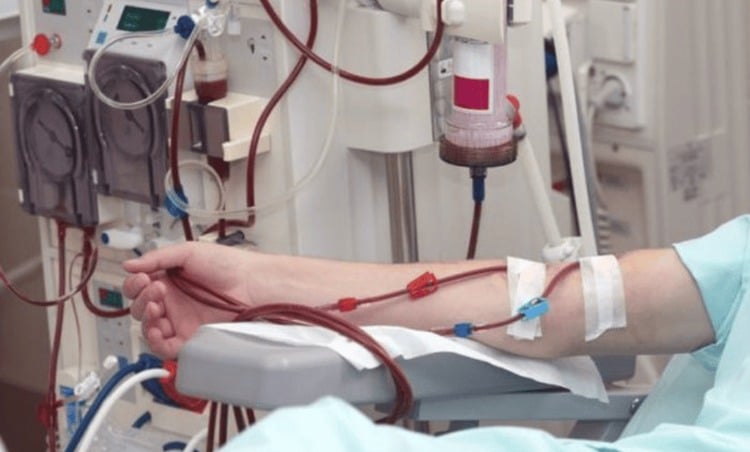


![[Photo] Prime Minister Pham Minh Chinh receives the delegation of the Semiconductor Manufacturing International (SEMI)](https://vphoto.vietnam.vn/thumb/1200x675/vietnam/resource/IMAGE/2025/11/06/1762434628831_dsc-0219-jpg.webp)





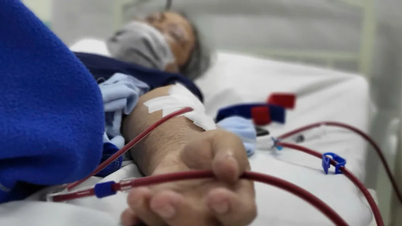

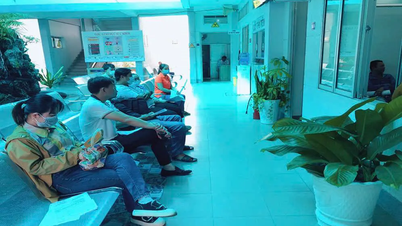
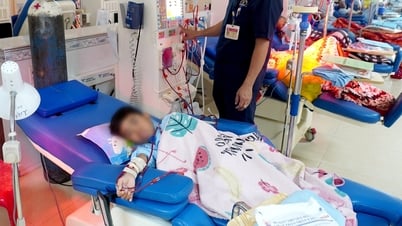

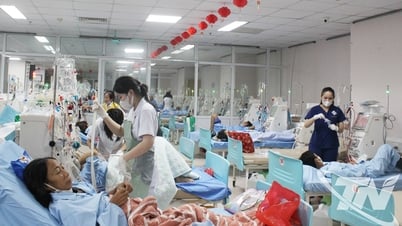

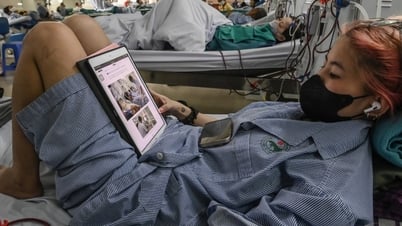

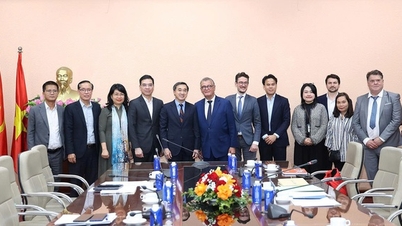





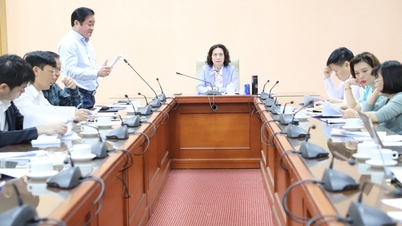










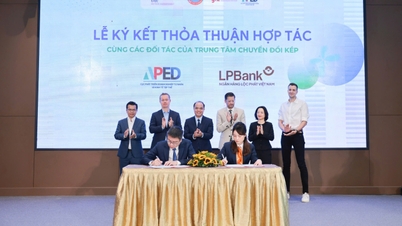





































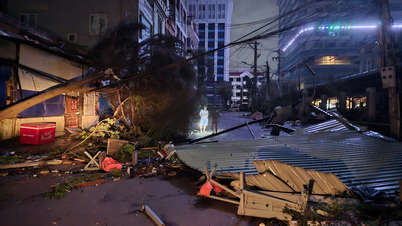

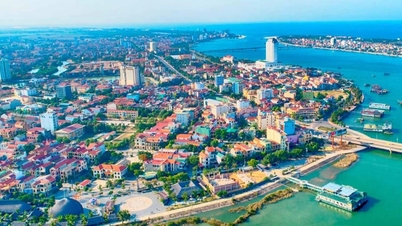










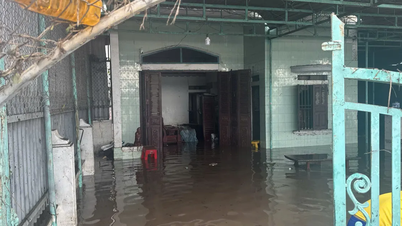
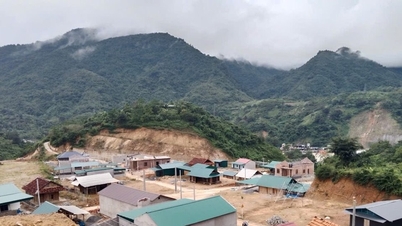

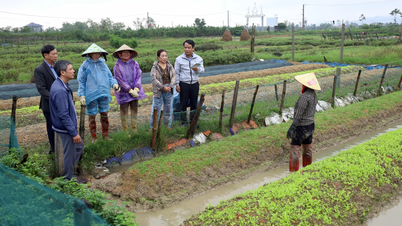








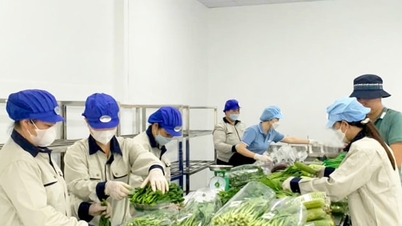







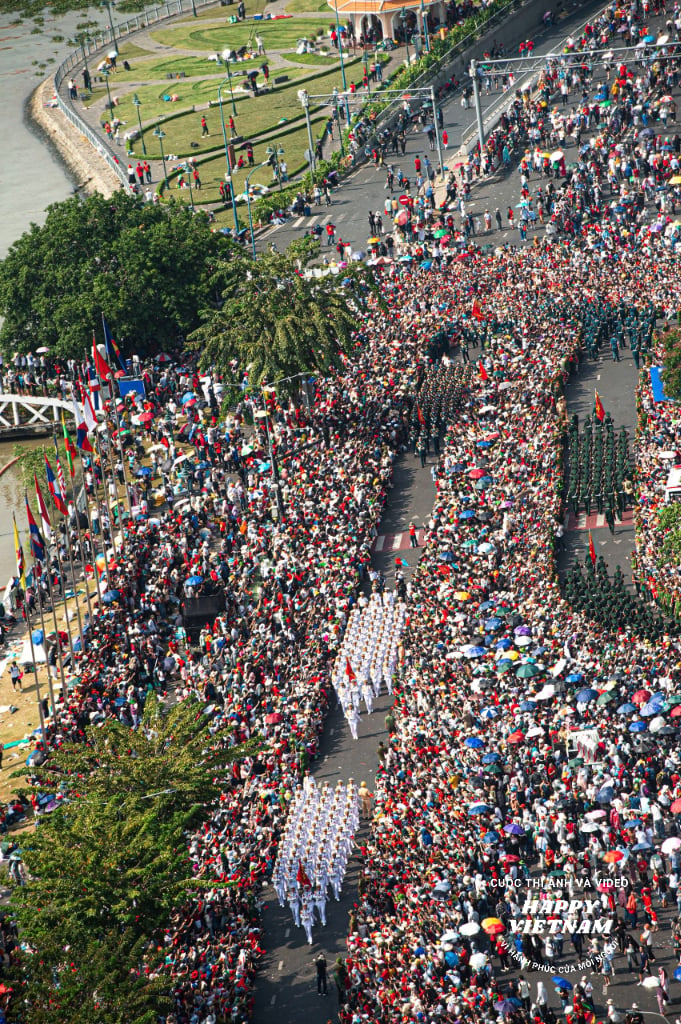



Comment (0)